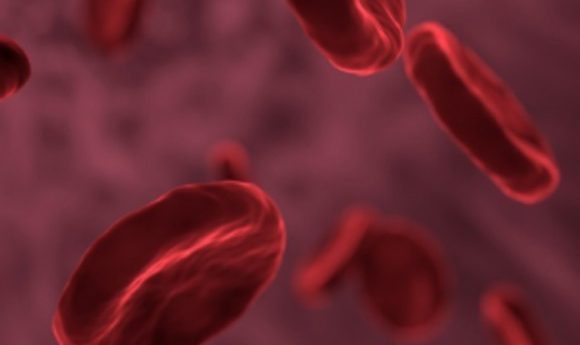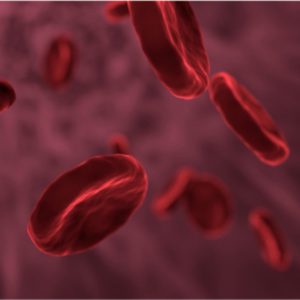The fountain of youth

Aging reversed in human cells by new compounds.

A team of researchers from the University of Exeter (UK) has developed new compounds that have been shown to reverse key aspects of aging in human cells. The compounds were designed to target mitochondria and the researchers discovered that they reduced the number of senescent cells by up to 50%.
Senescence is a phenomenon in which older cells stop dividing and is a key aspect in human cell aging. “As human bodies age, they accumulate old (senescent) cells that do not function as well as younger cells,” commented corresponding author Lorna Harries, a professor at the University of Exeter Medical School (UK).
“This is not just an effect of aging – it’s a reason why we age.”
The compounds, named AP39, AP123 and RT01, were able to selectively target splicing factors SRSF2 and HNRNPD, and rejuvenated the mitochondria in endothelial cells by providing them with small quantities of hydrogen sulfide. This enabled the mitochondria to generate energy from an alternative fuel source and aided survival.
“We used to think age-related diseases like cancer, dementia and diabetes each had a unique cause, but they actually track back to one or two common mechanisms. This research focuses on one of these mechanisms, and the findings with our compounds have potentially opened up the way for new therapeutic approaches in the future,” explained Harries.
The research has provided hope that there will not only be future treatments for blood vessels and related diseases, but also for other cells. Harries says the aim of the research was to enable people to stay healthier for longer and she believes this may be the basis of a new generation of anti-degenerative drugs.